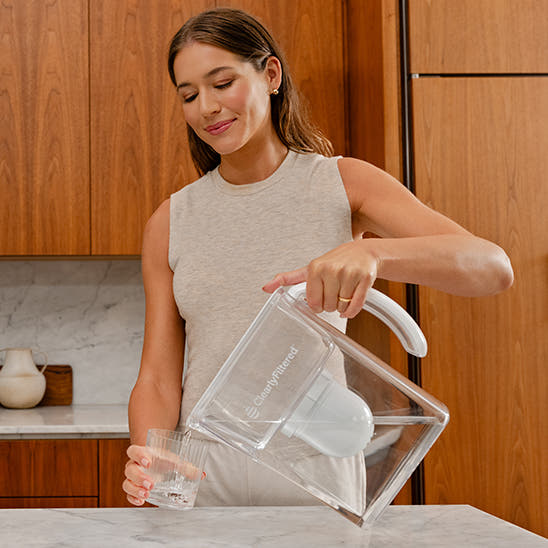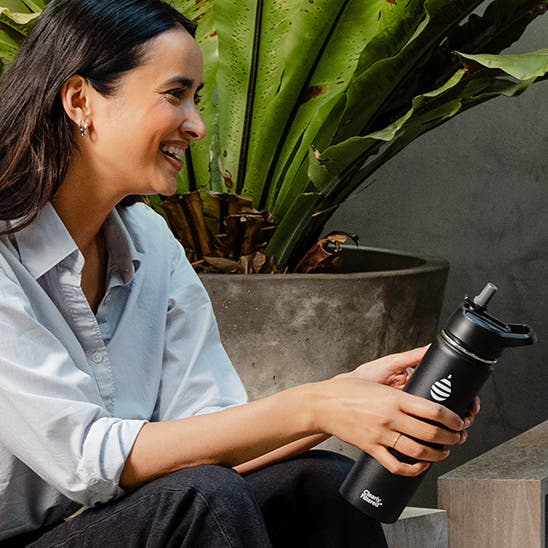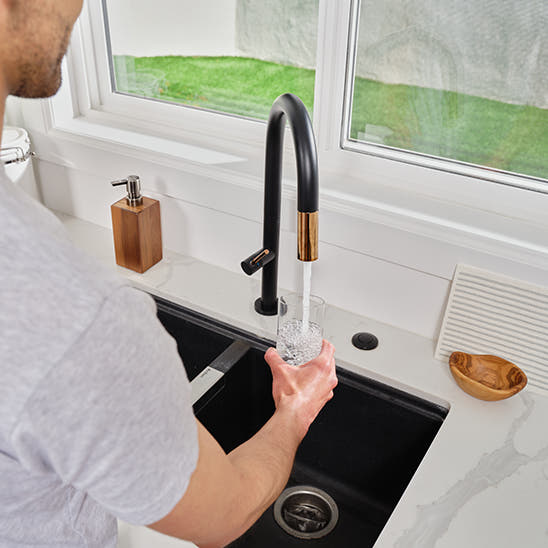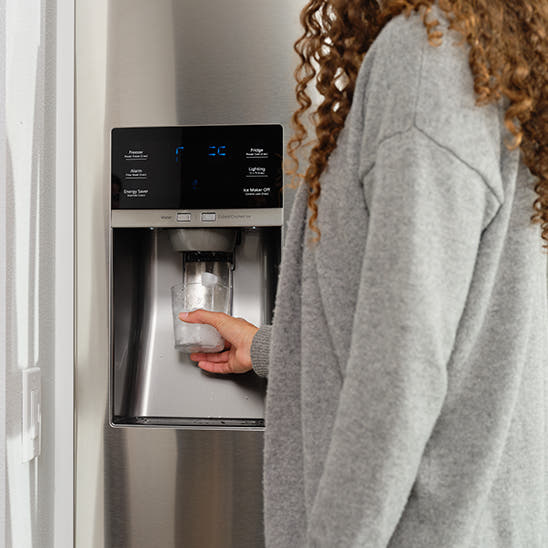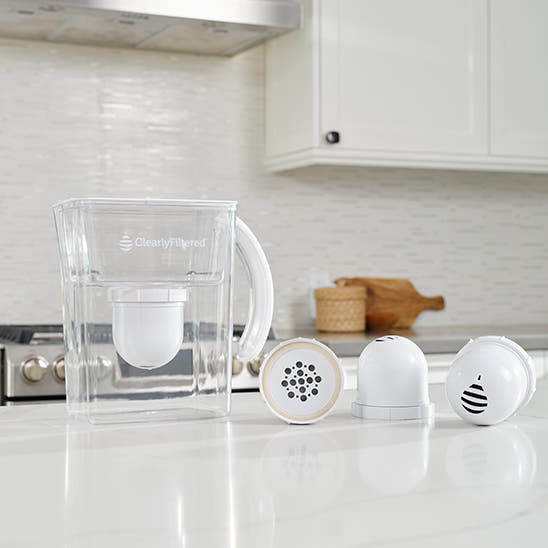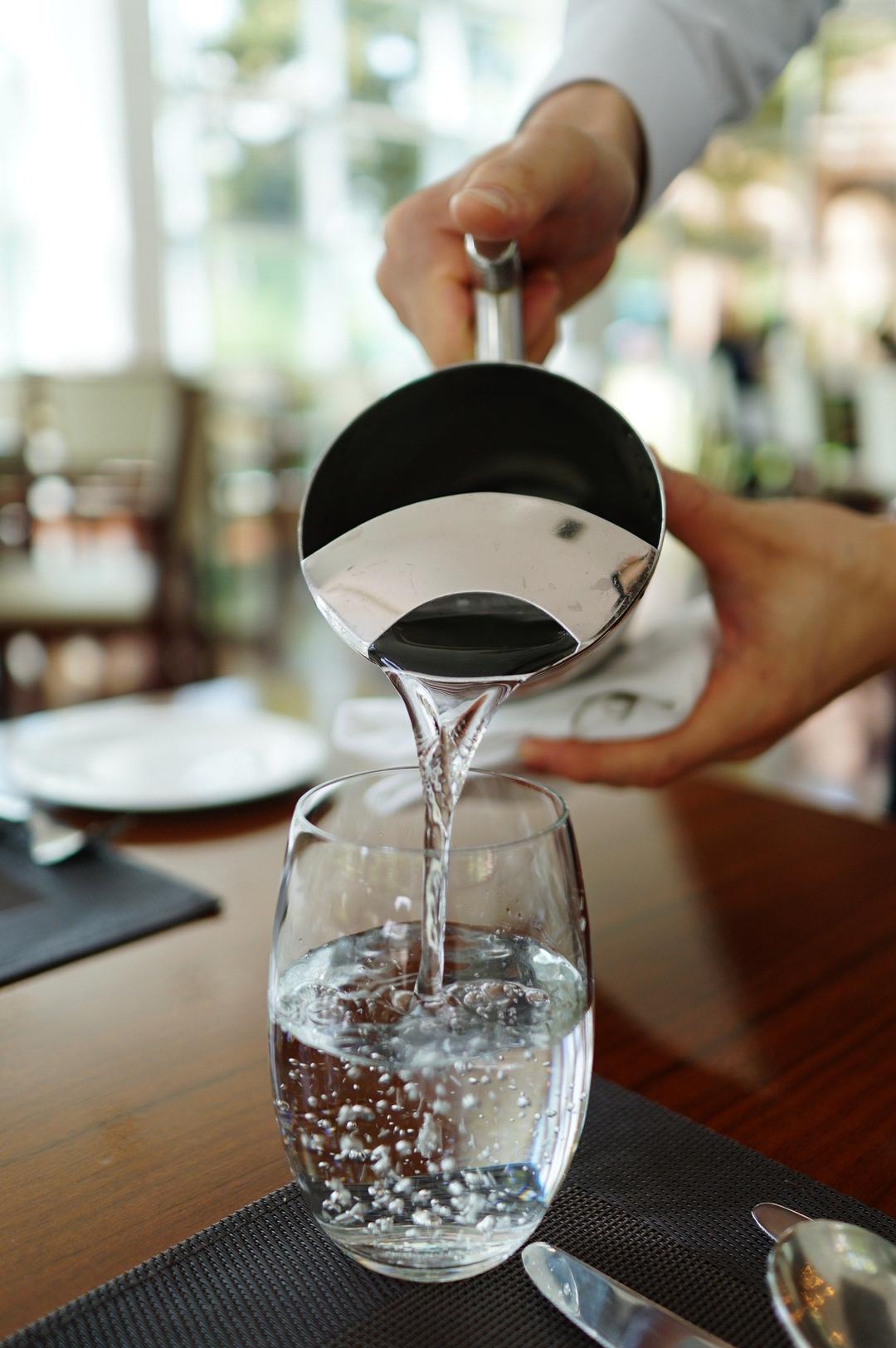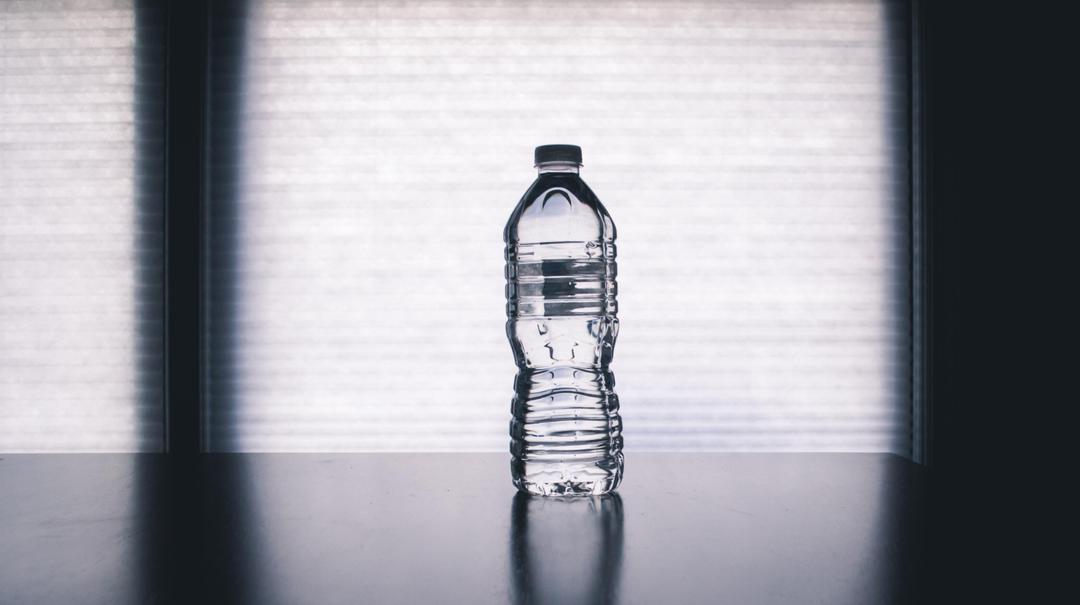
BREAKING NEWS
EPA Sets First-Ever National Limit on PFAS
CLEAN WATER, CLEAR MIND
Dedicated To Your Health & Safety
START HERE
Wondering What's In Your Water?
Tap the button below to see the specific contaminants in your local water supply (and how to best protect yourself and your loved ones).
NEW YORK CITY
Bromodichloromethane, Chloroform, Haloacetic acids (HAA5), Nitrate, Chromium (hexavalent), Trichloroacetic acid + 12 more in New York City.
18
TOTAL CONTAMINANTS FOUND IN:
New York City
WHAT OTHERS ARE SAYING ABOUT CLEARLY FILTERED
150,000+ people like you trust us
Frequently Asked Questions
Our Affinity® Filtration Technology sets us apart because it is the only filtration technology on the planet proven to protect you from up to 365+ dangerous tap water contaminants, without targeting healthy minerals. The result is unparalleled protection and complete peace of mind.

MADE WITH HIGH QUALITY MATERIALS

INDEPENDENTLY TESTED BY THIRD-PARTY LABS

FILTERS HUNDREDS OF CONTAMINANTS

MADE WITH HIGH QUALITY MATERIALS

INDEPENDENTLY TESTED BY THIRD-PARTY LABS

FILTERS HUNDREDS OF CONTAMINANTS

MADE WITH HIGH QUALITY MATERIALS

INDEPENDENTLY TESTED BY THIRD-PARTY LABS

FILTERS HUNDREDS OF CONTAMINANTS










